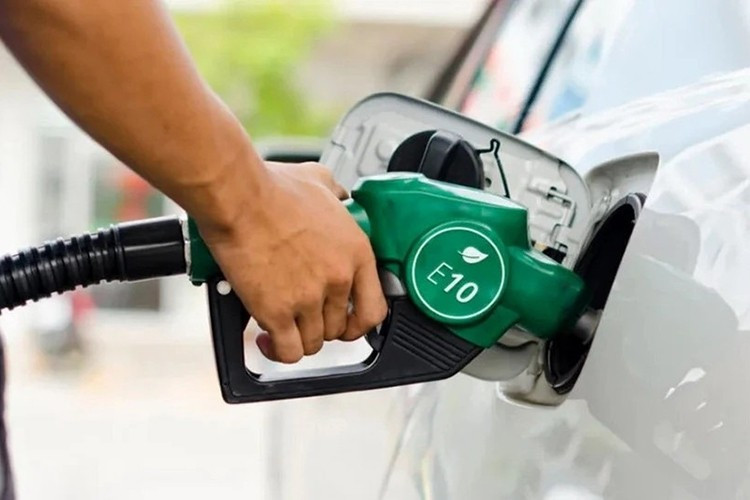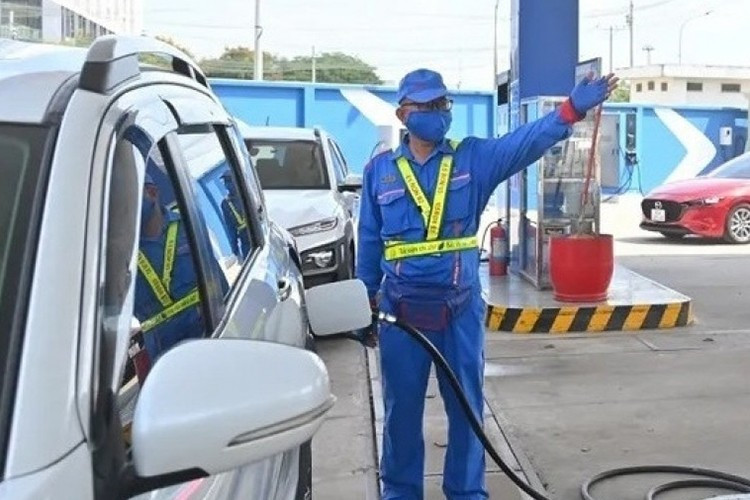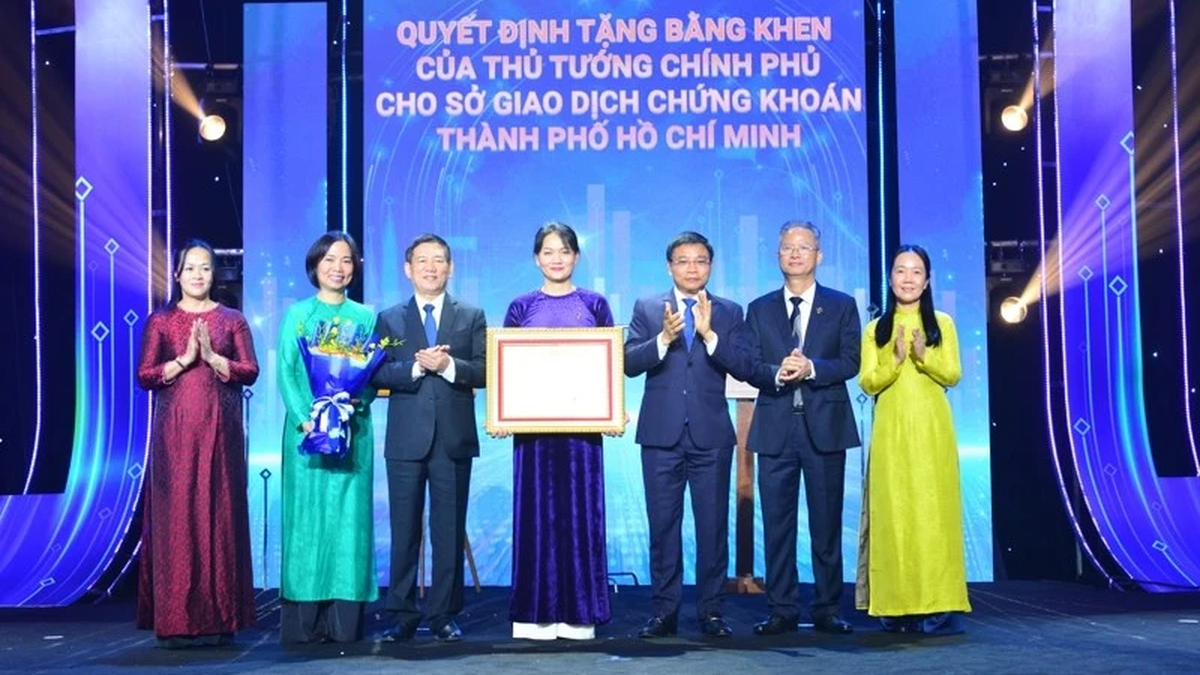What is E10 gasoline?
E10 gasoline is a biofuel that is a blend of 90% traditional mineral gasoline and 10% bioethanol. This ethanol is produced from renewable resources such as sugarcane, cassava, corn, etc. Adding ethanol to gasoline helps the combustion process become cleaner, helping to reduce greenhouse gas emissions in the transportation industry.

This is an important part of the transition to sustainable energy, aiming to reduce dependence on fossil fuels and take advantage of domestic agricultural resources.
Advantages of E10 gasoline
Ethanol has a very high Octane index (over 100), when mixed with gasoline, it helps the combustion process to take place more evenly and stably, thereby limiting the phenomenon of detonation and improving operating efficiency. In addition, it has the ability to dissolve dirt, helping to clean soot accumulated in the combustion chamber and fuel pipe, thereby maintaining performance and prolonging engine life.
The price of E10 gasoline is also often cheaper than premium gasoline such as A95 or A98, thanks to the lower cost of producing ethanol compared to mineral gasoline.

Thanks to the above benefits, E10 gasoline has been widely used in many countries for many years. Brazil was the pioneer country supporting alcohol-blended gasoline since 1975, using sugarcane-derived alcohol to mix into gasoline at a rate of up to 20%. The US has used alcohol-blended gasoline since 1976 and is currently using E10 biofuel.
In the region, Thailand has been selling E20 gasoline since 2008, while the Philippines has been using E10 gasoline since 2011.
In Vietnam, businesses such as Petrolimex and PVoil will test the sale of E10 gasoline in Hanoi, Ho Chi Minh City and Hai Phong from August 1, 2025. According to the Ministry of Industry and Trade 's planned roadmap, the use of E10 will become mandatory nationwide from January 1, 2026.
What types of cars can use E10 gasoline?
In addition to the above advantages, some people still have concerns about E10 gasoline. Fuel consumption may be slightly higher with cars running on E10 gasoline from 3-5%. In addition, older cars (manufactured before 2005) may be affected by Ethanol, which is corrosive to metals and rubber if the fuel system is not compatible. Ethanol absorbs moisture from the air, which in the long run can cause rust in the fuel tank or reduce combustion efficiency.
According to the UK's independent transport policy think tank, the RAC Foundation, most petrol cars built since 2011 can safely use E10. Some models from 2000 can also use E10 without major problems. However, there are notable exceptions, even among major brands such as Audi, Mercedes-Benz, Toyota, Ford and Volkswagen.
Regarding motorbikes, according to technical experts, most modern motorbikes – especially from major brands such as Honda, Yamaha, Piaggio… – have been designed to be compatible with fuels containing ethanol such as E5 and E10.
Vehicles manufactured before 2000 or without electronic fuel injection systems may experience rubber gasket corrosion, metal part oxidation or injector blockage due to ethanol dissolving old deposits in the fuel tank and fuel system.
Additionally, ethanol can also loosen deposits that have built up in the fuel system over time, leading to clogged injectors or fuel pumps.
For vehicles that are not used much, if E10 fuel is left in the tank for too long (over 3 months), ethanol can absorb water, causing separation, corrosion, and leading to difficulty starting or damage to the fuel injection system.
Source: https://khoahocdoisong.vn/loai-oto-nao-tai-viet-nam-co-the-su-dung-duoc-xang-e10-post2149041498.html





























![[Photo] National Assembly Chairman attends the seminar "Building and operating an international financial center and recommendations for Vietnam"](https://vphoto.vietnam.vn/thumb/1200x675/vietnam/resource/IMAGE/2025/7/28/76393436936e457db31ec84433289f72)







































































Comment (0)